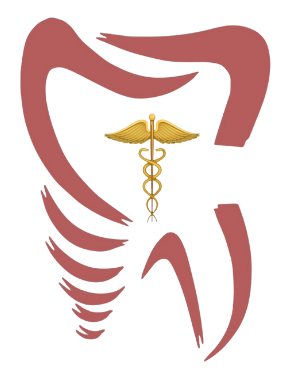Many people feel pain in their teeth and wonder if it is a toothache or sinus infection. Both can cause similar discomfort, but they need different treatments. Knowing the difference is important for your health. In this blog, we will explain how to tell if your pain is from a toothache or sinus infection. We will also discuss symptoms, causes, and when to see a doctor.
What Is a Toothache?
A toothache is pain in or around a tooth. Usually, it happens when the nerve inside the tooth is irritated. This pain can be sharp, dull, or throbbing. Sometimes, it gets worse when you eat or drink something hot or cold.
Toothaches often come from:
What Is a Sinus Infection?
A sinus infection, also called sinusitis, happens when the spaces behind your nose and cheeks get swollen. This swelling can press on the upper teeth, causing pain. Often, people confuse this pain with a toothache.
Sinus infections can be caused by:
Key Differences Between Toothache and Sinus Infection
It can be hard to know if your pain is from a toothache or sinus infection. However, there are some signs that can help you tell the difference.
Still, sometimes the symptoms overlap. For example, a sinus infection can make your upper teeth hurt. That is why it is important to look at all your symptoms.
How Dentists and Doctors Diagnose Each Condition
Doctors and dentists use different ways to find out if you have a toothache or sinus infection. First, they will ask about your symptoms. Next, they may look in your mouth or nose.
Because tooth pain vs sinus pain can feel similar, your doctor may ask about your health history. This helps them choose the right treatment.
Treatment Options for Toothache vs. Sinus Infection
Treatments depend on the cause of your pain. For a toothache, your dentist may:
For a sinus infection, your doctor may:
It is important not to self-treat without knowing the cause. Sometimes, treating the wrong problem can make things worse.
When to See a Healthcare Professional
Although mild pain may go away on its own, you should see a dentist or doctor if:
Early care can prevent serious problems. If you are unsure, it is always safer to get checked.
Prevention Tips and Home Care Guidance
There are steps you can take to lower your risk of both toothaches and sinus infections. For healthy teeth:
To help prevent sinus infections:
If you have mild pain, you can try:
However, do not ignore pain that does not go away. Getting the right care is important for your health.
If you’re unsure whether your pain is from a toothache or sinus infection, consult a dental or medical professional at Sri Padha Dental Care for personalized advice.


